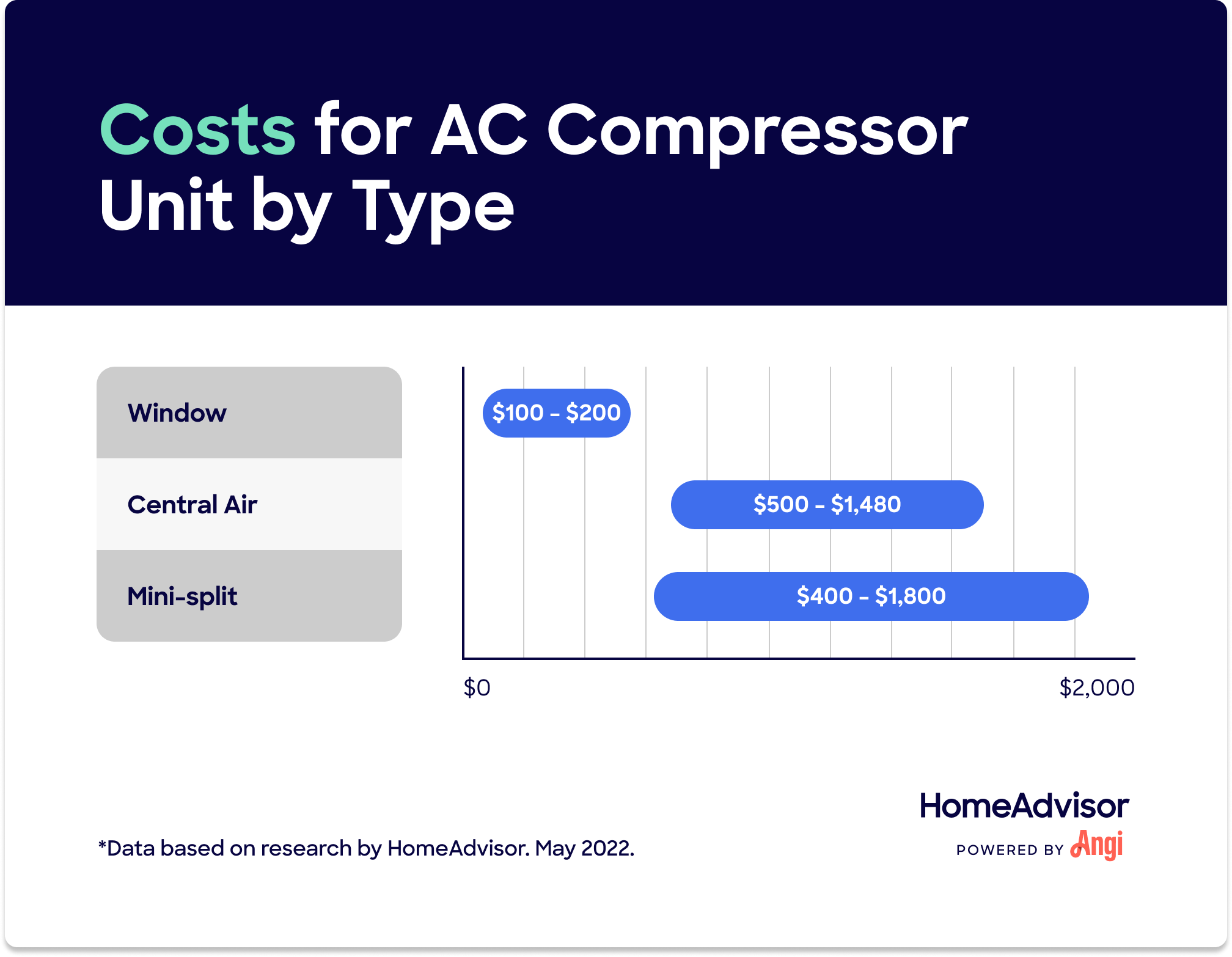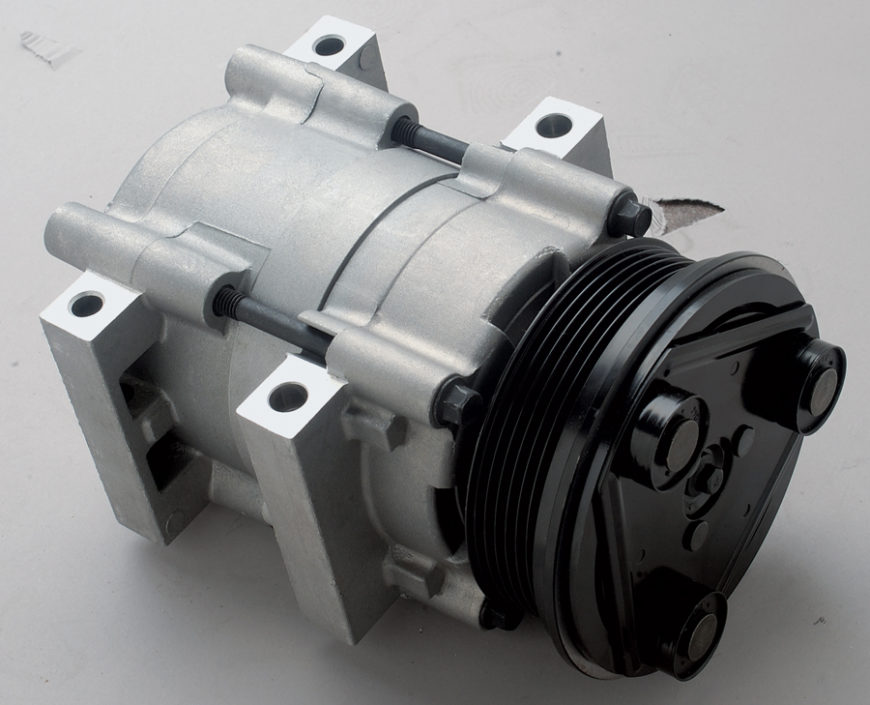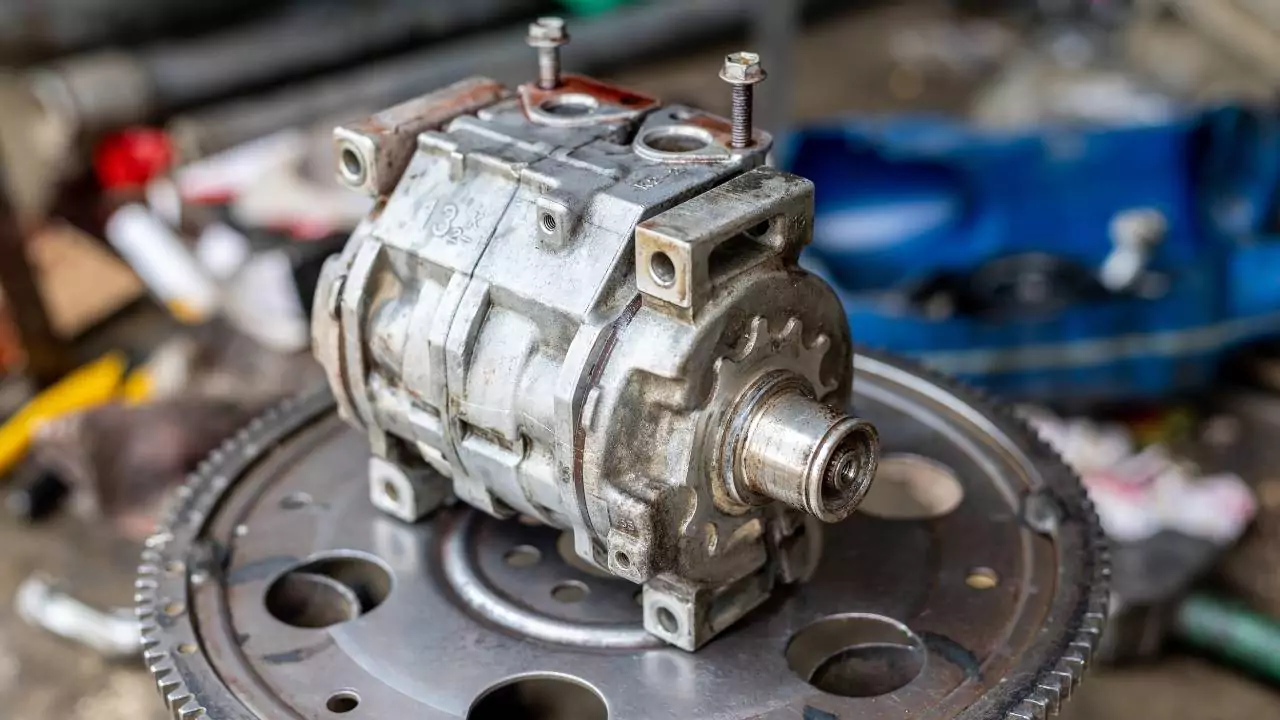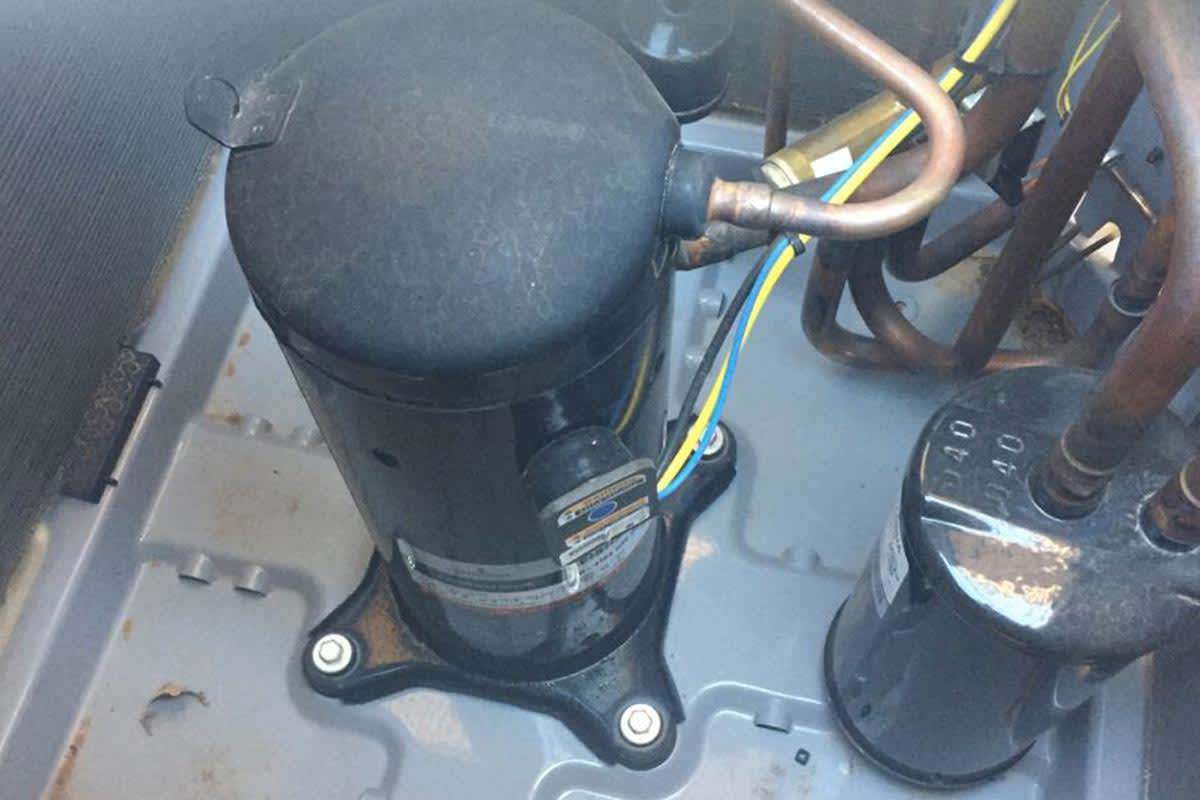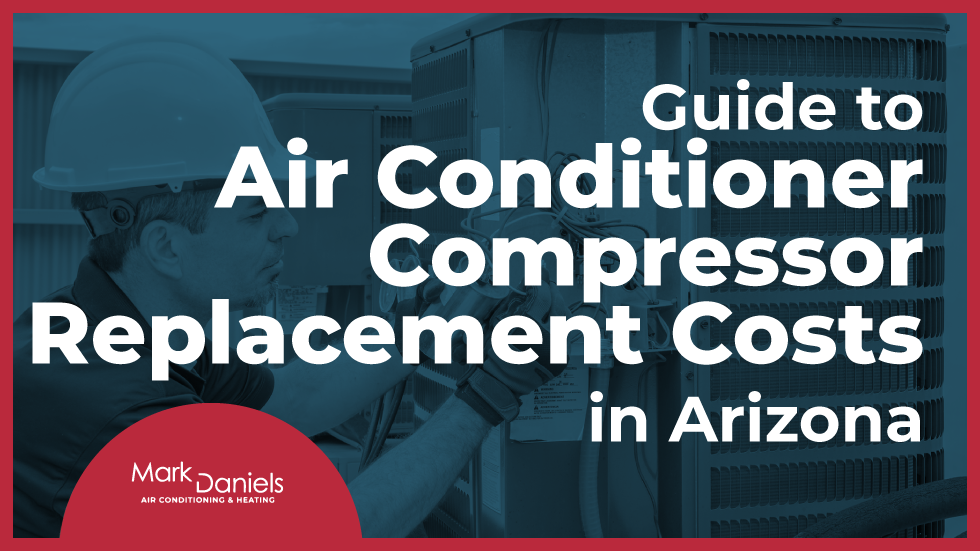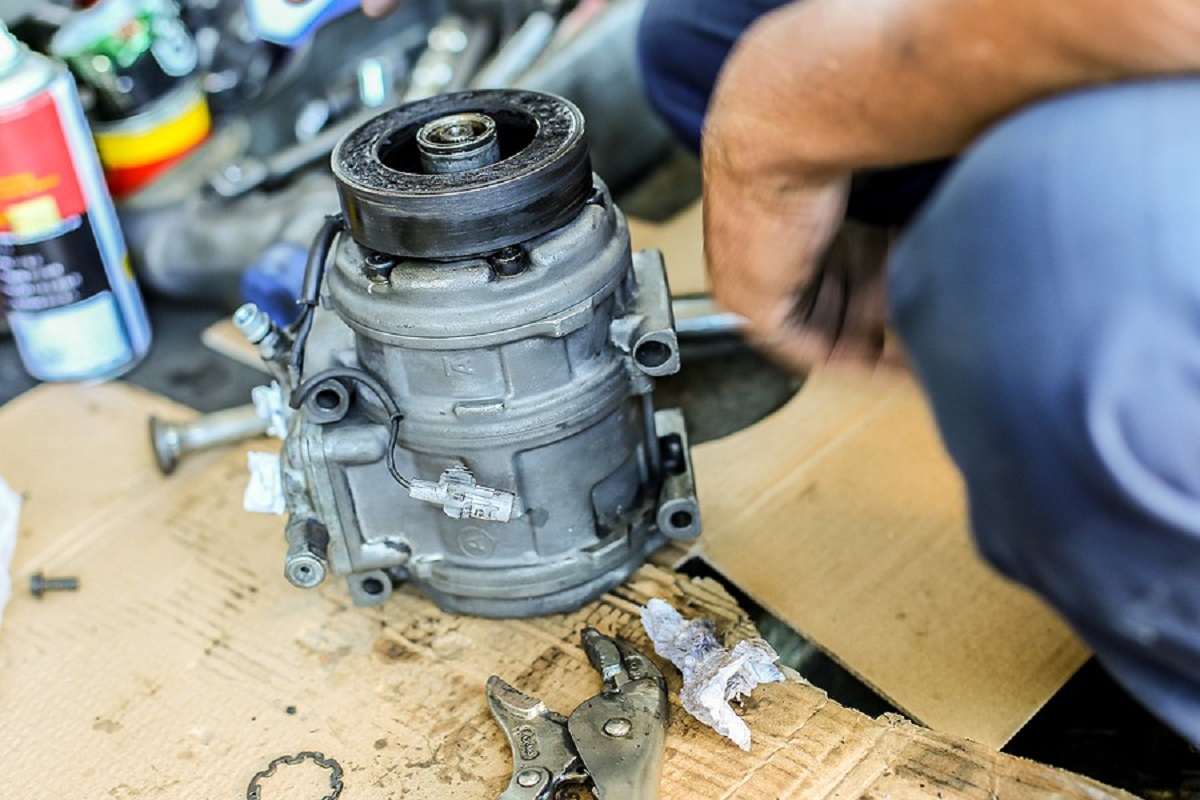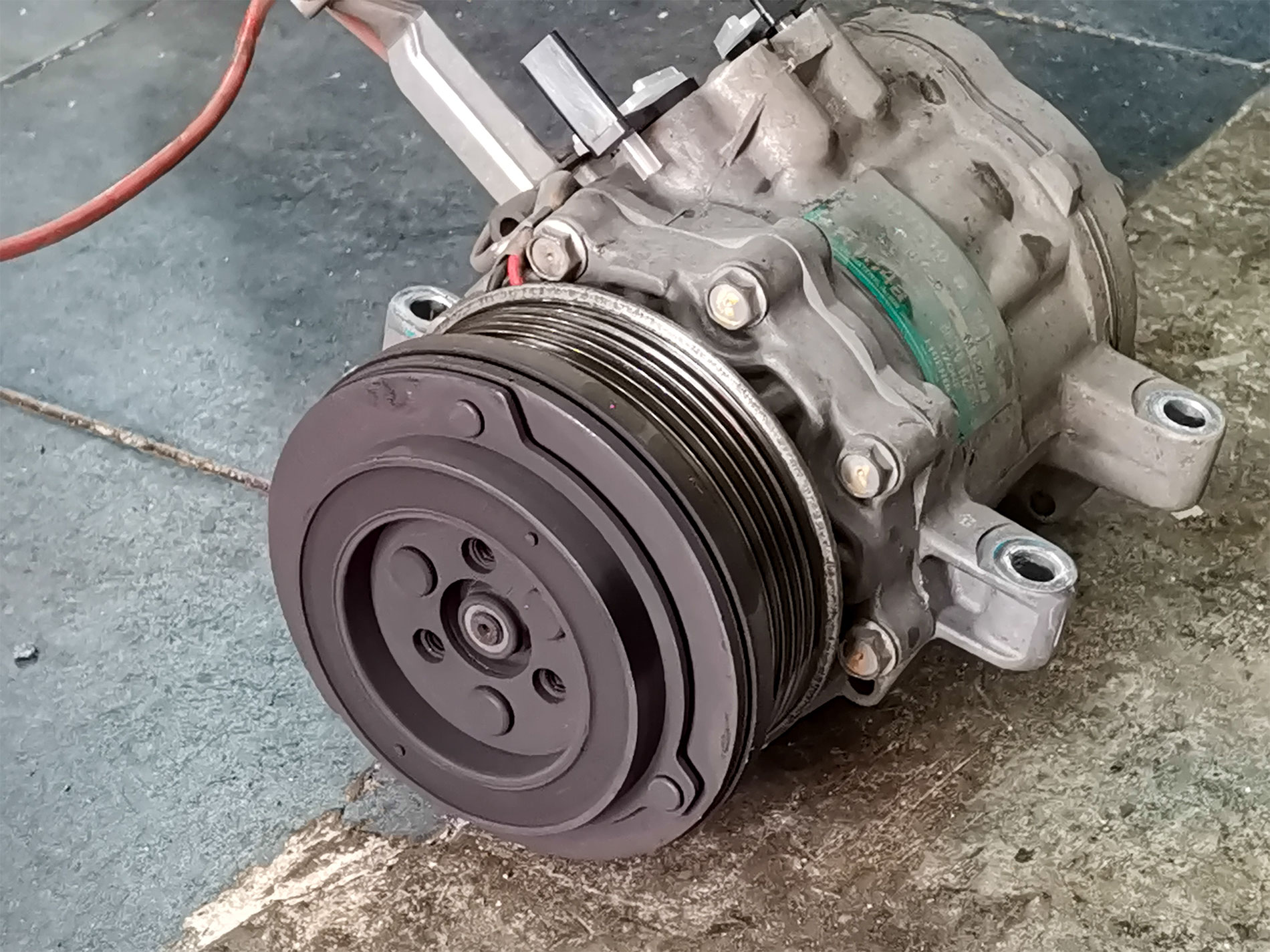How Much Is An Ac Compressor Replacement
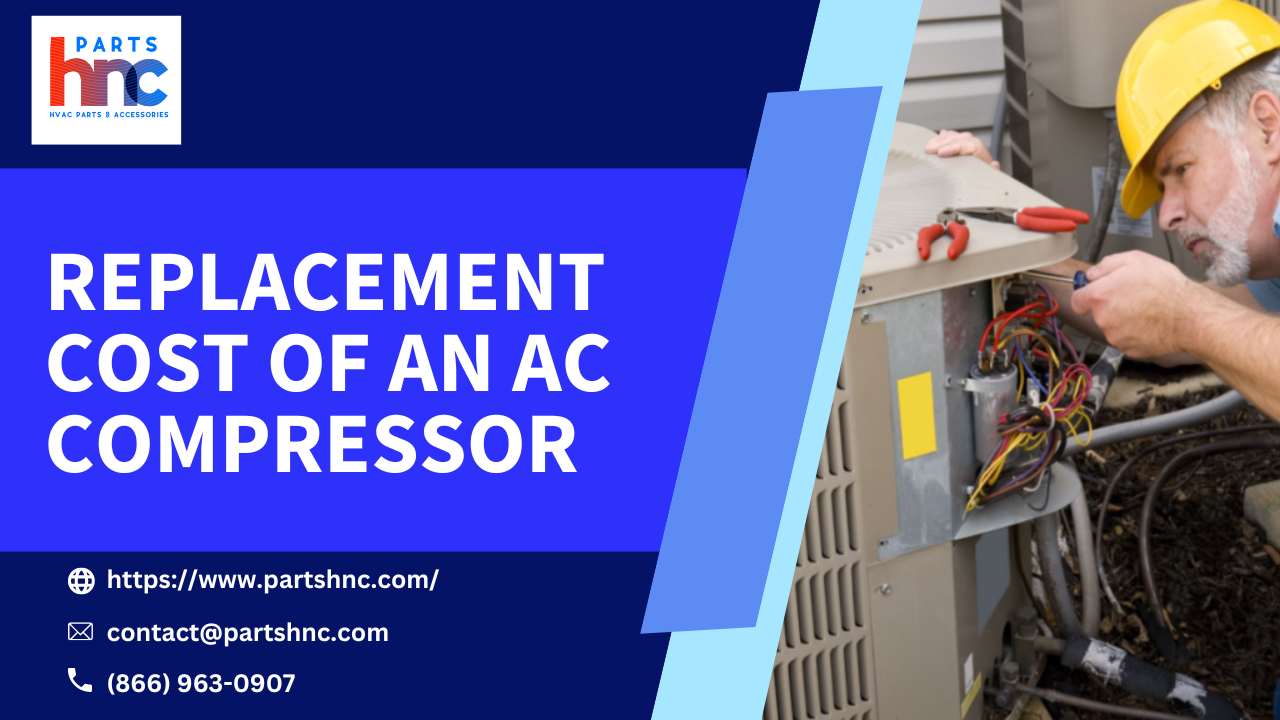
A malfunctioning AC compressor can send shivers down your spine, not from the cold air it's supposed to produce, but from the potential repair bill. Replacing an AC compressor is a significant expense, and understanding the factors influencing the cost is crucial for homeowners and businesses alike. This article breaks down the costs associated with AC compressor replacement, explores energy-efficient alternatives, and examines how smart home integration can optimize your HVAC system for long-term savings.
Understanding AC Compressor Replacement Costs
The price of replacing an AC compressor isn't a fixed figure. It varies widely based on several key elements:
Factors Influencing Replacement Costs
- Compressor Type: The type of compressor in your AC unit significantly impacts the cost. Common types include rotary, scroll, and reciprocating compressors. Scroll compressors are generally more efficient and durable but come with a higher price tag than reciprocating models.
- Unit Size (BTU): Larger AC units, measured in British Thermal Units (BTU), require more powerful compressors, resulting in increased replacement costs. A small window unit compressor will be far cheaper than a compressor for a central AC system in a large home.
- Refrigerant Type: Older AC units often use R-22 refrigerant, which is being phased out due to its environmental impact. Replacing a compressor in a system that uses R-22 may also necessitate converting the entire system to a newer, more environmentally friendly refrigerant like R-410A, adding to the overall expense. Newer refrigerants like R-32 are even more efficient and environmentally friendly, but require compatible systems.
- Labor Costs: Labor costs vary depending on your location and the HVAC contractor you choose. Getting multiple quotes is essential to ensure you're getting a fair price. Complex installations or systems located in difficult-to-access areas may also increase labor costs.
- Warranty: The compressor's warranty can affect the cost, especially if the original compressor failed prematurely. Check your warranty terms to see if replacement costs are covered.
- Brand: Different brands of compressors have different price points. Well-known brands often command a higher price due to their reputation for quality and reliability.
Typical Cost Breakdown
While estimates can vary, here's a general breakdown of the costs associated with AC compressor replacement:
- Compressor Unit: $800 - $2,500+ (depending on type and size)
- Refrigerant (if needed): $100 - $500 (depending on the amount required and type)
- Labor: $500 - $1,500+ (depending on complexity and location)
- Additional Parts (e.g., filter drier, capacitors): $50 - $200
Total Estimated Cost: $1,350 - $4,700+
Important Note: These are just estimates. Always obtain quotes from multiple qualified HVAC contractors for an accurate assessment of your specific situation.
When is Replacement Necessary vs. Repair Possible?
Not every AC problem necessitates a compressor replacement. Sometimes, repairs can extend the life of your existing compressor. Consider these factors:
- Age of the Unit: If your AC unit is over 10-15 years old, replacing the entire unit might be more cost-effective than replacing just the compressor. Older units are generally less efficient and may be prone to other issues.
- Extent of the Damage: Minor issues like a faulty capacitor or a refrigerant leak might be repairable. However, if the compressor motor is burned out or there's significant internal damage, replacement is usually the best option.
- Cost of Repair vs. Replacement: Compare the cost of repairing the existing compressor with the cost of replacing it. If the repair costs are approaching half the price of a new compressor, consider replacement, especially if the unit is older.
A qualified HVAC technician can diagnose the problem and provide you with a clear explanation of your options, including the pros and cons of repair versus replacement.
Energy-Efficient Alternatives and ROI
Replacing an AC compressor presents an opportunity to upgrade to a more energy-efficient system. While the initial investment may be higher, the long-term savings on energy bills can provide a significant return on investment (ROI).
High-Efficiency AC Systems
Consider replacing your entire AC unit with a high-efficiency model that meets or exceeds Energy Star standards. Energy Star-certified ACs use significantly less energy than standard models, reducing your carbon footprint and lowering your monthly utility bills.
Key features to look for in a high-efficiency AC system include:
- High SEER Rating: The Seasonal Energy Efficiency Ratio (SEER) measures an AC unit's cooling efficiency. Higher SEER ratings indicate greater efficiency. Aim for a SEER rating of 15 or higher. Some systems even achieve SEER ratings of 20 or more.
- Variable-Speed Compressors: Variable-speed compressors adjust their cooling output based on the actual demand, rather than operating at full capacity all the time. This can significantly reduce energy consumption and provide more consistent temperatures.
- Smart Controls: Integrated smart controls allow you to monitor and adjust your AC system remotely, optimizing performance and saving energy.
Potential Savings
Switching to a high-efficiency AC system can save you hundreds of dollars per year on energy bills. According to Energy Star, replacing an old, inefficient AC unit with a new, certified model can reduce energy consumption by 20-40%.
To estimate your potential savings, calculate your current AC energy consumption and compare it to the estimated consumption of a high-efficiency model. Your HVAC contractor can provide you with accurate energy consumption data for different models.
Rebates and Incentives
Many utility companies and government agencies offer rebates and incentives for installing energy-efficient AC systems. Check with your local utility company and the Energy Star website for available programs.
Federal tax credits may also be available for qualified energy-efficient home improvements. Consulting with a tax professional can help you determine if you're eligible for these credits.
Smart HVAC Integration
Integrating your HVAC system with smart home technology can further enhance energy efficiency and reduce costs.
Smart Thermostats
Smart thermostats learn your heating and cooling preferences and automatically adjust the temperature to optimize comfort and save energy. They can also be controlled remotely via a smartphone app, allowing you to adjust the temperature even when you're away from home.
Features of smart thermostats include:
- Learning Capabilities: Automatically learn your schedule and adjust the temperature accordingly.
- Remote Control: Control your thermostat from anywhere using a smartphone app.
- Geofencing: Detect when you leave or return home and automatically adjust the temperature.
- Energy Reports: Provide detailed energy usage reports to help you identify areas for improvement.
Smart Sensors
Smart sensors can monitor temperature and humidity levels in different rooms, allowing your HVAC system to adjust the cooling output to each zone. This can prevent overcooling or overheating in certain areas, saving energy and improving comfort.
Benefits of Smart Integration
Smart HVAC integration offers several benefits, including:
- Reduced Energy Consumption: Optimized temperature control can significantly reduce energy consumption.
- Improved Comfort: Consistent temperatures and personalized settings can enhance comfort.
- Remote Monitoring and Control: Monitor and control your HVAC system from anywhere.
- Energy Savings Reports: Track your energy usage and identify areas for improvement.
Finding a Qualified HVAC Contractor
Choosing a qualified HVAC contractor is essential for ensuring a proper installation and maximizing the benefits of your new AC system. Look for contractors who are:
- Licensed and Insured: Ensure the contractor is properly licensed and insured to protect yourself from liability.
- Experienced: Choose a contractor with a proven track record of installing and servicing AC systems.
- Certified: Look for certifications from organizations like NATE (North American Technician Excellence).
- Offer Warranties: A reputable contractor will offer warranties on their workmanship and the equipment they install.
- Provide References: Ask for references from previous clients and check online reviews.
Obtain multiple quotes from different contractors before making a decision. Be sure to compare the quotes carefully, paying attention to the equipment being offered, the scope of work, and the warranty terms.
Conclusion
Replacing an AC compressor is a significant investment, but understanding the costs, exploring energy-efficient alternatives, and integrating smart home technology can help you save money in the long run. By carefully considering your options and choosing a qualified HVAC contractor, you can ensure a comfortable and energy-efficient home for years to come.
